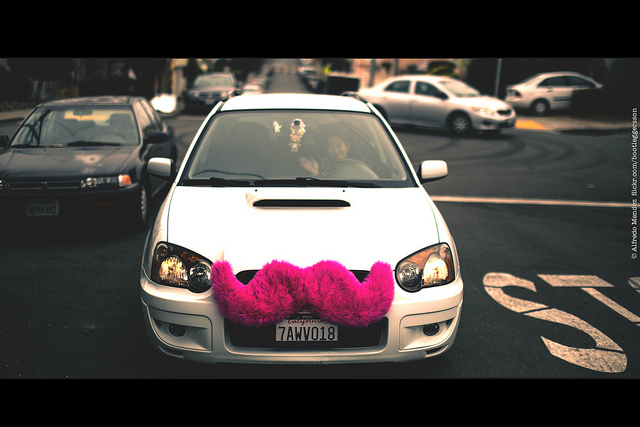
Following a successful summer defense against regulatory challenges in major cities across the country, ridesharing companies now have more good news. This week, The Initiative on Global Markets Economic Experts Panel, hosted by the University of Chicago, unanimously agreed that allowing ridesharing companies, like Uber, Lyft and, Sidecar to operate without oppressive regulations increases consumer welfare. In short: stop suing Uber, and start using it instead. This is welcome news in the nation’s capital, where this week, cab drivers are protesting against Uber, while failing to realize that spending all day not working in protest just gives even more incentive for DC consumers to request an Uber instead.
When asked whether they agree or disagree that “letting car services such as Uber or Lyft compete with taxi firms on equal footing regarding genuine safety and insurance requirements, but without restrictions on prices or routes, raises consumer welfare,” an overwhelming majority “strongly agreed” or “agreed.” Specifically, 56% “strongly agreed,” while 37% “agreed.” 0% were uncertain, disagreed, or strongly disagreed, while several panelists abstained.
The panel includes 43 top economists from institutions such as MIT, Berkeley, Stanford, Harvard, Yale and Princeton, who vote weekly on a series of socially, politically, and culturally relevant statements. As share economy companies have grown and expanded to provide more ease and function to their users, they’ve also become the prime target for regulators, who see them as disruptive and threatening.
In his comments, University of Chicago professor and IMG panelist Steven Kaplan wrote, “new technology/information more than offset any net benefits of regulation.”
Certain city councils, on the other hand, disagree. Over the past few months, large cities held hostage by entitled cab companies and transportation networks sent cease-and-desist letters, issued fines, and even banned the ride-sharing services completely. In response, the share economy geared up to push back against the punitive proposed regulations, encouraged by thrilled consumers.
In Austin, for example, the city began issuing cease-and-desist orders to ride share companies. In response, Uber offered completely free rides throughout the city during the South by Southwest Interactive festival, which attracts over 30,000 attendees per year (at the time, there were only 270 cabs in the city’s entire fleet.) Naturally, people were thrilled, and Austin is now implementing a pilot program to lead towards embracing ride-share companies.
In an op-ed for the New York Times, Peterson Institute for International Economics senior fellow Justin Wolfers writes,
“The latest survey asked these economic experts about ride-sharing services, like Uber and Lyft. These services are popular with customers, but are despised by their competitors. The incumbent taxi and limousine services have largely eschewed trying to compete with lower prices or better service, instead working behind the scenes to persuade regulators to banish ride sharing. Their arguments dress their naked self-interest in the guise of public policy concerns. But do the economists buy it? Should regulators restrict the prices, the number of drivers or the available routes available to Uber and its brethren?
In a word: No.”
ATR’s John Kartch writes in a Forbes op-ed that Republicans and center-right groups need to take advantage of this upswing, and use it to develop a new generation of pro-innovation, free-market voters.
“The votes of sharing economy participants are up for grabs. Feeling a personal stake in public policy, a critical mass of voters will be open to calls to rein in the tax and regulatory excesses that get in the way of their pursuit of happiness.”
Looks like the pursuit of happiness is now just a quick Uber ride away.

